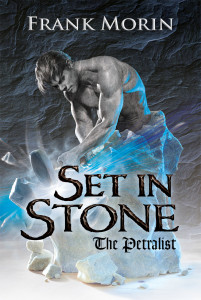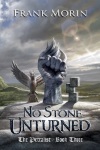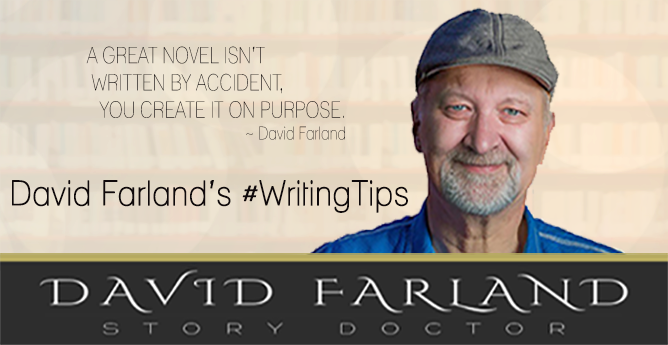 Like most of the authors I know, I’m not a naturally organized person. Sometimes it’s a struggle to force myself to get the major plot points or non-fiction chapters mapped out before I start on a new project. After installing a giant electronic whiteboard I picked up on CraigsList, I was able to see the value of the visual cues and mind-mapping when hashing out a new project.
Like most of the authors I know, I’m not a naturally organized person. Sometimes it’s a struggle to force myself to get the major plot points or non-fiction chapters mapped out before I start on a new project. After installing a giant electronic whiteboard I picked up on CraigsList, I was able to see the value of the visual cues and mind-mapping when hashing out a new project.
When it comes to my writing laptop, appropriately named “Novel Factory”, I tended to start writing and just dump everything into the My Documents folder. When I set a project aside for a while, I sometimes have a problem locating where I put the documents, notes, and/or pictures. That’s why I created an organized area for projects.
The first step was to create a home for my projects. This is a set of nested folders so I know where things are located. In My Documents (I use Windows for this example), I have a folder called !Master Project Files. I place an exclamation point at the beginning of this folder name to make sure it appears at the top of the listing.
I have enough projects where I had to add in a layer between the Master folder and the project names.
Here is my main overall folder structure:
- !Master Project Files
- Fiction
- Science Fiction
- Cyberpunk
- Fantasy
- Horror
- Western
- Graphic Novels
- Non-Fiction
- Cookbooks
- Author’s Handbook Series
- One-Offs
- Poetry
- !Poem Superstore
- Chapbooks
- Collections
- !Short Story Superstore
- Anthologies
- Original (Add in Submissions and Contracts folders to each Project)
- For Other Publishers (Add in Submissions and Contracts folders to each Project)
- Fiction
The “Superstores” are short stories and poems that have been published elsewhere or are original unpublished works that are available to put into a new collection or chapbook. When I complete a short work or poem, I make sure to put a copy in the Superstores.
For each project, I copy the below generic project folder structure and rename it to the title of my new project. Inside some of these folders are appropriate files. For example, in the Word folder, I have a generic Word document set up with my preferences (font, margins, etc.), whereas in the Research folders I have a simple text document ready to accept notes and URLs. In the Final folders, I have documents that have my set publishing templates for interiors and covers. Note that I have a folder called Graveyard. I never throw away (delete) anything. If I cut something, such as a scene or a whole story arc out of a book, I paste it to text documents and place them in the graveyard. I can use these later on to develop short stories, to generate ideas for a series, or to use the words for marketing. Sometimes I file off the serial numbers and reuse them in other books.
Here’s my individual project folder structure:
- Project Name (Rename Me)
- Manuscript
- Word
- Text
- Scrivener
- Images
- Cover Ideas
- Characters
- Places
- Objects
- Research
- Concepts
- Scientific
- Characters
- Tropes
- Marketing
- Ideas
- Ads
- SWOT
- Final
- Print
- Interior
- Cover
- eBook
- Interior
- Cover
- Audio
- Notes
- Script
- Print
- Graveyard
- Manuscript
When I have a new project, I copy the “Project Name” folder and its contents and place it in the appropriate genre master folder. Then I rename it to the book title. Now I can find all of my information for any project in one location (three, if you count the backup on my server and the copy linked and auto-uploaded to my commercial Dropbox account.)
Hopefully this will inspire you to create a better organized virtual home for your darlings. Have a happy, prosperous, and productive 2017!







